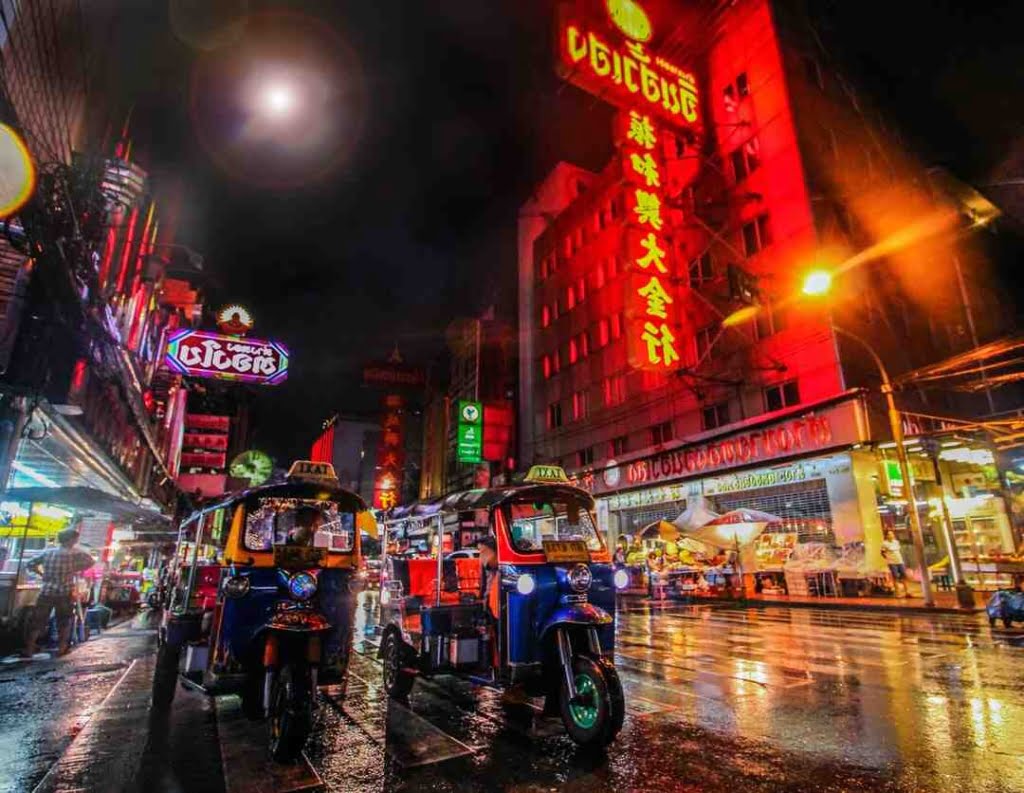What size is a large at Old Navy?

| Size | Chest | Waist |
|---|---|---|
| M | 36-37 | 28-29 |
| L | 38½ – 40½ | 30½ – 32½ |
| XL | 42½ – 45 | 34½-37 |
| XXL | 47½ | 39½ |
What sizes does Old Navy carry? We launched sizes 0-28 in stores and sizes 0-30 online in August 2021, and since then, we’ve welcomed millions of new customers to Old Navy and learned a lot about where and how they shop.
Is a large size 14?
L stands for large and translates to roughly women’s sizes 12-14.
Do Old Navy Sizes run big?
Old Navy clothing is often oversized—and not necessarily in a good way. Old Navy was known for being one of the worst offenders of size oddity, with most pieces for both men and women fitting larger than expected based on the size tag.
What company owns loft?
Ascena Retail Group. They acquire the company that owns Ann Taylor and loft in a deal valued at about $2 billion.
What happened to Ann Taylor?
Ann Taylor. Ascena Retailer Group, which owns Ann Taylor, filed for bankruptcy earlier this year, so it’s no surprise to learn that Ann Taylor stores had failed to pay rent for the past three months as of mid-September. A women’s clothing store can also be in trouble due to its more expensive nature.
Is there a real Ann Taylor? Ann Taylor was not a real person. The retail chain is named after the best-selling shirt dress style. In addition to women’s and petite collections, Ann Taylor also sells bridal and maternity wear.
Is Ann Taylor and LOFT the same thing?
Loft, originally Ann Taylor Loft, was founded in 1996 as an extension of the original Ann Taylor brand. It offers a more relaxed way to work and home in a category with “moderate” prices.
Is the LOFT and Ann Taylor Loft the same?
As the company evolved over the years, the company expanded into spinoff brands like Ann Taylor Loft—later renamed simply LOFT—to diversify its customer base and appeal to younger professional women looking to update their wardrobes.
Are Ann Taylor and LOFT the same brand? Loft, originally Ann Taylor Loft, was founded in 1996 as an extension of the original Ann Taylor brand. It offers a more relaxed way to work and home in a category with “moderate” prices.
Can you return LOFT items to Ann Taylor?
Return Policy. Unwashed, unworn and defective items may be returned or exchanged at any LOFT store, except for maternity and swimwear collection items. Please note that we cannot accept returns for online purchases at Ann Taylor, LOFT Outlet, or Ann Taylor Factory Stores.
What’s the difference between LOFT and Loft outlet?
They have different merchandise and the labels are easy to distinguish. Loft Outlet clothes are not the old Loft store clothes that are sold elsewhere. Outlet stores get their own line of clothing and the labels have two small dots under the name.
Is LOFT cheaper than Ann Taylor?
That’s why we love LOFT, Ann Taylor’s less expensive sister store. Their fashions are comfortable, versatile, and completely effortless (and they’re way cheaper than Ann Taylor).
What is the difference between an outlet store and a factory store?

Although the two terms factory outlet and outlet store are often used interchangeably, there is a difference between the two. Factory outlets sell products of only one brand and are managed by the manufacturers themselves. Factory outlets, on the other hand, are run by retailers and sell different brands.
What is the point of an outlet store? Outlets created in the 1930s allowed retailers to sell unpopular items at sale prices. Today, sales points seem outdated and unnecessary – after all, stores have cheap shelves. Donald K.
What is the difference between Nike factory store and Nike Clearance store?
Nike Factory Stores have a bit more inventory, including products that are exclusive to the store and not available elsewhere. Other products may be from previous seasons or have minor defects, but this means greater savings – up to 70% more.
Are outlet products lower quality?
You might assume you’re buying the same brand without the big price tag, but that’s usually not true. That’s right, today’s outlet stores mainly sell different, lower-quality products than regular stores, which are made specifically to be sold at a lower price.








